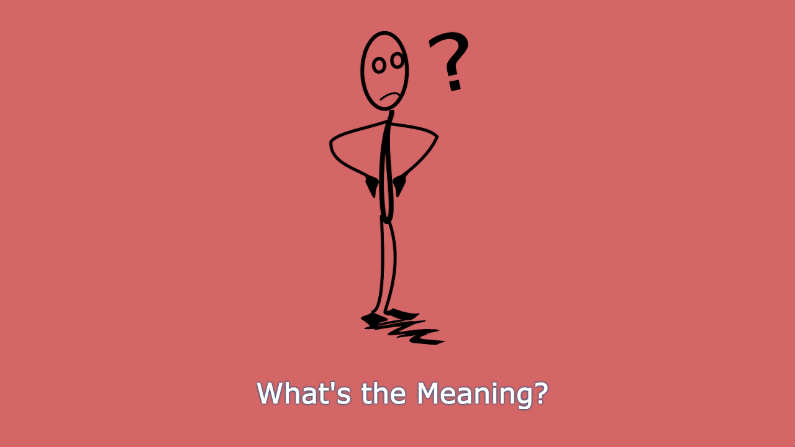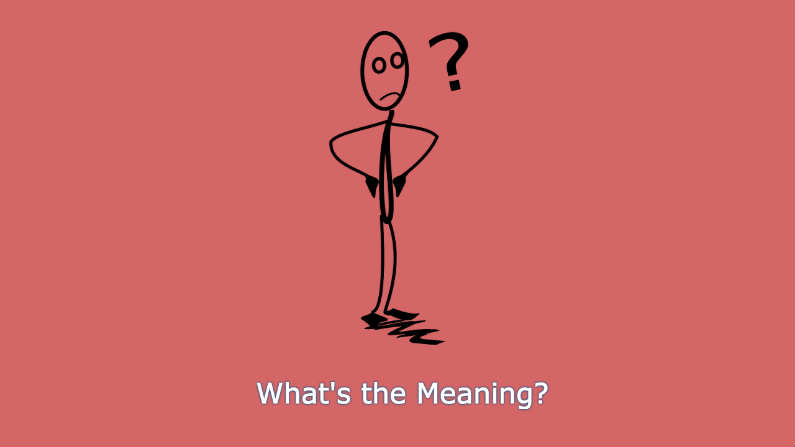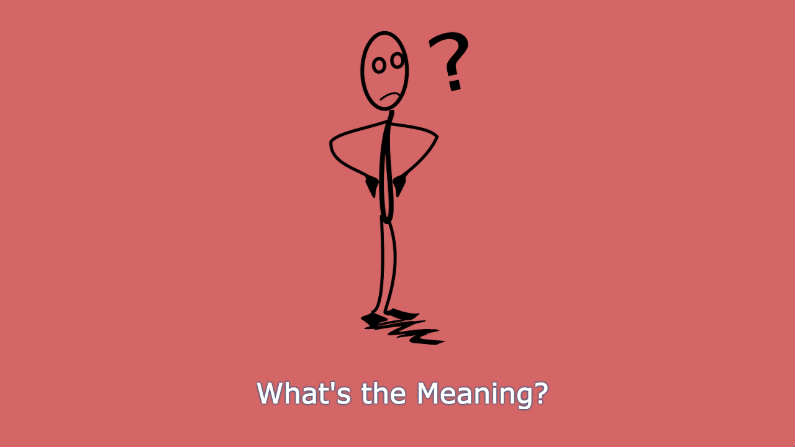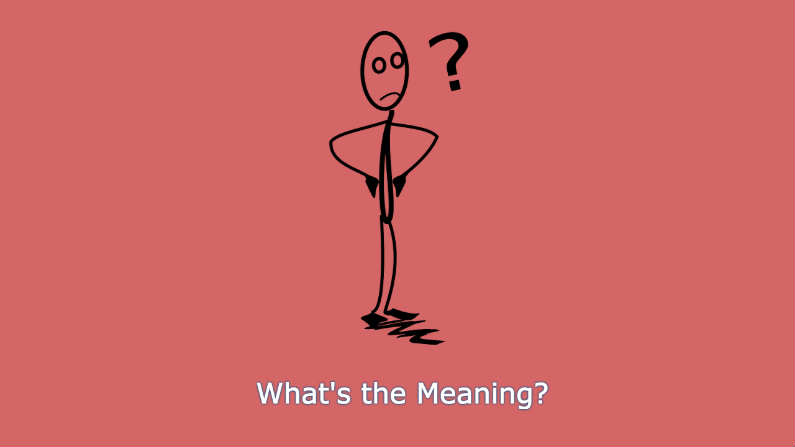What Is FOMO? FOMO Meaning. What FOMO Means?

If you are looking for what does FOMO mean, the meaning of FOMO, the acronym of FOMO, the definition of FOMO, the abbreviation of FOMO, then you are in the right platform because here we are going to provide you the FOMO slang meaning, the FOMO definition, the FOMO acronym, the FOMO abbreviation as well as how this acronym FOMO is used over the internet conversations.
So, then what is FOMO? For what does FOMO stand?

The slang word FOMO stands for “Fear Of Missing Out ” which is used in the internet conversations like chats, messages, posts, emails, etc. to express the feeling of fear or anxiety of missing something important.
How is FOMO is used in internet conversations?
Some of the examples of how the slang word FOMO is used over the conversations are:
Boy: I'm sorry babe. Couldn't come to your play and now feeling FOMO.
Girl: It's ok honey. You can join next time.
Or,
A: Howz your trip man? I really feel FOMO.
B: It's Good but not awesome. So, kind of ok. I'll share some snaps wait.
And so on.
Well, now you know the meaning of FOMO from the above definition, so if you want to say something about it, then please feel free to leave your comment below.
You can find the meaning of other words, slangs and short forms by clicking >HERE< or you can type the word in our website search bar to get the meaning of the word that you are searching for. You can also find lots of interesting articles under various categories by navigating our website through our home page by clicking >HERE<.
If you want to share this post with your friends and families through your social media accounts, then please feel free to do so.




